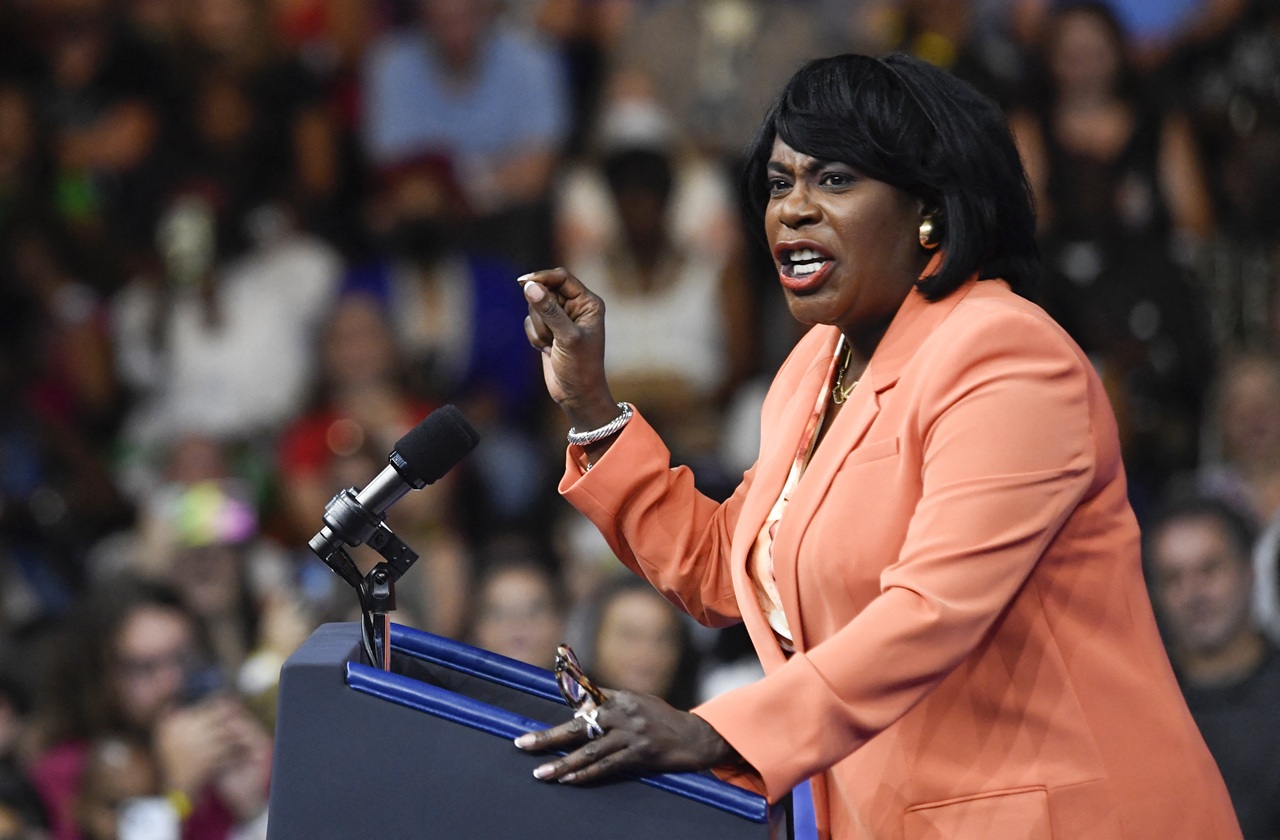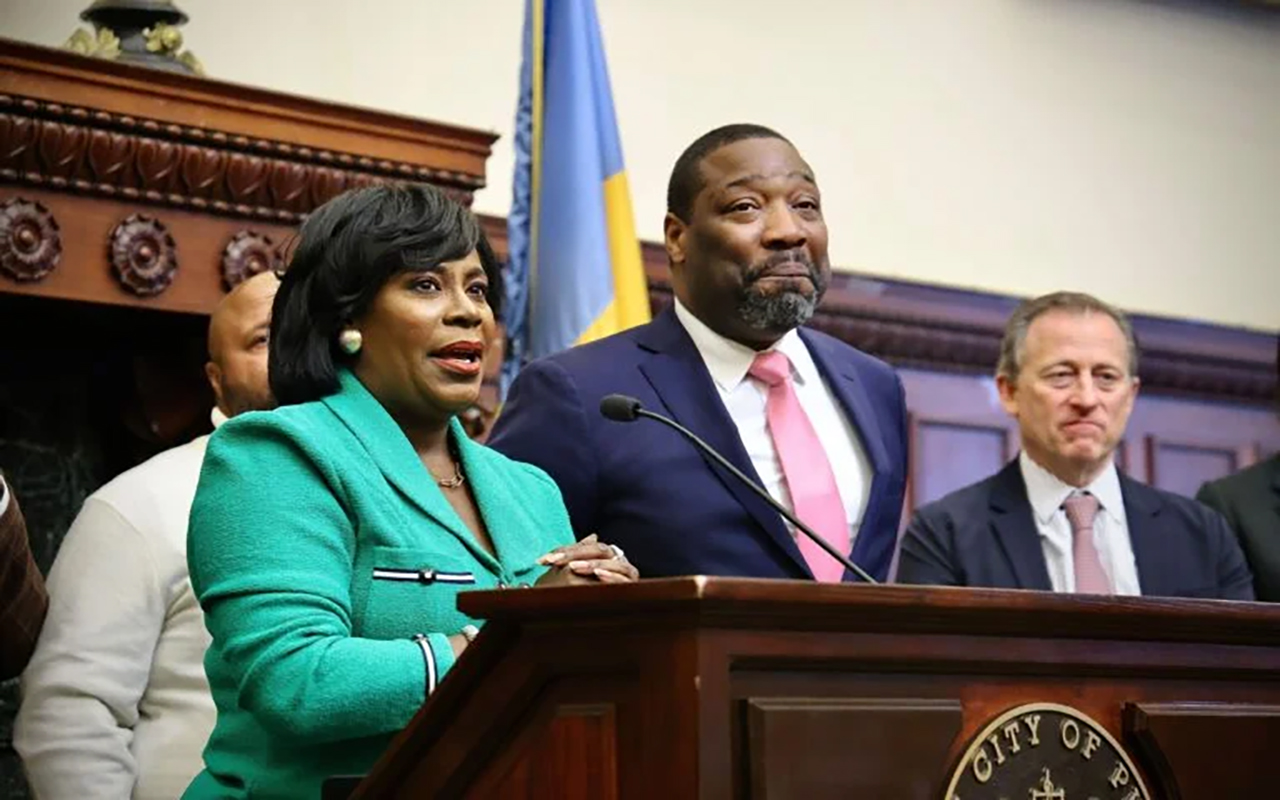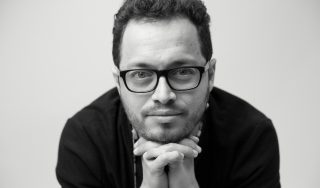
These are the candidates for the Philadelphia District Attorney's Office
Two weeks before the general election day, candidates for the District Attorney's office uncover their cards.
On November 7, Philadelphia will go to the polls to elect nine judges for the Court of Common Pleas, two for the Municipal Court, the Controller and the District Attorney.
One of the most important positions is precisely the last one.
Not only because, with a budget of $36 million and staff of 600, the Philadelphia District Attorney's Office is Pennsylvania's largest procedural body (investigating more than 50,000 cases annually), but also because it’s seen as a springboard for jumping into the political arena - or prison, in the case of Seth Williams.
Beth Grossman (Republican) and Larry Krasner (Democrat) are called to star in this race that some compare to the fight between David and Goliath, since Philadelphia is a city of democratic majorities and the position has traditionally been under the control of the blue party.
Grossman has experience, that’s for sure. She has been a prosecutor for the last 21 years, a time during which she has investigated crimes and prosecuted criminals, but also forged an executive race to the front of the Public Nuisance Task Force, an agency that, among other things, is in charge of carrying out the controversial operations of Civil Asset Forfeiture (seizure of civil goods involved in the commission of crimes).
Grossman claims to have been a Democrat until a few years ago, when she began to see more and more Democratic officials end up in legal problems over corruption issues. That’s why she decided to change her party and thus "contribute to balance the power" in Philadelphia.
For his part, Larry Krasner has a different story. His opponent criticizes him for not knowing what it's like to be a prosecutor (Krasner has always been a defense lawyer), but even though he lacks that experience, that doesn’t mean he's a newcomer on the scene.
Although an outsider on the local political scene, Larry Krasner became the surprise Democratic candidate after leading a progressive campaign in which he promised to push a kind of revolution inside the District Attorney's Office.
He got the nomination last May 16 when he swept the Democratic primaries with more than 58,000 votes (38%), excelling "heavyweights" like Richard Negrin, Joe Khan and Michael Untermeyer.
With more than 25 years of professional practice, representing people who have most often faced criminal charges in an outdated and racist criminal justice system in Philadelphia, Krasner has positioned himself as a potential reformer.
AL DÍA presents the main points of view that both candidates defended during their interviews with our editorial team ahead of the November general elections.
One of the main issues is how to turn such a discredited and feared institution like the DA’s Office, whose last heads were Seth Williams – notoriously imprisoned for corruption - and Lynne Abraham who, with a record of 108 deaths sentences in two decades, became the fourth most fatal US prosecutor, according to America’s top 5 Deadliest Prosecutors, published by the Fair Punishment Project in June last year.
Grossman - who schooling was during the Abraham era - and Krasner know that not only must they get the house in order, but it must also be subjected to a comprehensive restructuring.
For Grossman the most urgent thing is to regain the trust of the people and that goes through a work of updating the ethical standards in the DA’s Office. To do this, she proposes to carry out trainings in the field. "If there is anything that is not appropriate or ethical about a prosecuted person, an ongoing case, a police officer ... you have to report it," she says.
To the ethical question, the Republican candidate adds the need to implement a policy of transparency. "I believe that society must be able to see our statistics on who we prosecute, what cases are rejected, what are the characteristics of the accused and the victims, the number of convictions that are achieved."
Among the changes that Grossman hopes to develop is also the issue of the accessibility of immigrant communities that don’t speak English.
According to her, "when people can’t access the system in their own language, they begin to fear it. We provide a service to people and they should know how to access those services."
Meanwhile, Krasner argues that all objectives are interrelated and that the best way to articulate them is through a cultural change in the way prosecutors investigate and prosecute crimes in Philadelphia.
"A fundamental aspect of that change is to understand that when you take an oath to do justice you have to understand it, not in mathematical terms of maximizing convictions, but in terms of costs, benefits and effectiveness of that work," he says.
Krasner refers to the implementation of a justice system that is perhaps much broader than the scope of the District Attorney's powers; a social justice that, even from the Office of the Prosecutor, begins by applying a human approach that values the socioeconomic context of the defendants, and an alternative approach, that keeps the greatest possible number of people out of prisons.
How to reduce the prison population of the city is another of the key and urgent issues of this campaign.
Philadelphia's criminal justice system puts more people behind bars than any other major city in the country, and although the prison population fell by almost 20% - from 8,000 in July 2015 to 6,604 in June year-, there is still much to do.
In this regard, both candidates agree on the need to strengthen and implement more diversion programs.
On one hand, Krasner recognizes the importance of sustaining efforts such as those funded by the MacArthur Foundation – that donated $ 3.5 million to the county to develop programs of criminal alternative - which, he says, have already begun to show results, hand in hand with Judge Marshal Neifield.
At this point, Grossman asserts that her "goal is not to increase imprisonment, but to reduce it to fair proportions." She says that a preventive approach must be implemented and that programs such as pre-arrest diversion, youth court programs and re-entry programs must continue to be implemented.
"I prefer that. I think that with these programs we get more success, especially with our youth, which is the most vulnerable population."
For his part, Krasner says that the number of cases collapses the system; cases that are being prosecuted and brought before a judge, cases that most of the time are crimes or minor offenses, such as personal consumption of marijuana.
He insisted on the need to increase the number of cases sent to alternative programs to relieve the courts, judges and prosecutors themselves, thereby gaining time and space for them to be able to investigate and prosecute cases of real importance.
RELATED CONTENT
Krasner argues that even though the state rules for making sentences are very tough, that doesn’t mean that prosecutors and judges are obligated to follow them to the letter, because, as he says, "they barely suggest what a group of lawmakers think about what a good sentence should be”.
He points out that, "Many of these lawmakers come from places that benefit financially and politically from the mass incarceration of Philadelphians in state jails."
For Krasner another way to reduce the prison population in the metropolitan area is by reducing the detention time of people who have been captured "even for stupid reasons such as the presence of cannabis in their system. That's no reason for Philadelphia taxpayers to have to pay $ 135 a day to keep someone in custody."
Philadelphia is one of the poorest and most unequal cities in the United States. The majority here is poor and most of the poor are African Americans and Latinos.
It is no secret that the Philadelphia criminal justice system has operated in countless cases as an instrument for deepening these inequalities.
Many people remain indefinitely behind bars - without trial - in city jails because they can’t afford to pay the bond.
Krasner does not hesitate to call it a "terrible system" that not only keeps many poor people in prison, but also costs taxpayers $ 135 a day for every person in custody.
Grossman states that she is aware that in many cases the issue of taxation and bond payments has a direct effect on the growth of the prison population and "causes a lot of damage at family and society level."
She says that she would be willing to review case by case and seek a reduction in the bonds in the same way that is being done in New Jersey, where a calculation and valuation of bailing is made according to the risk that the defendant represents for society.
About 11 million undocumented immigrants live in the country today. People that constantly survive a climate of terror imposed by President Donald Trump and Attorney General Jeff Sessions.
While Trump's immigration policy has to round up immigrants, break dreamers' dreams, and pursue the so-called sanctuary cities, the question that remains is how the District Attorney's Office in Philadelphia will treat undocumented immigrants who fall under arrest for a minor offense.
At this point Grossman distances herself from the Republican Party and says that one thing is what happens at a national level and another is the municipal one. In principle, she states that it’s not the responsibility of the Prosecutor's Office to execute any request from ICE, that it’s not the agency's job to investigate the immigration status of victims or suspects.
However, she expresses that in the treatment of justice it’s always necessary to evaluate the particularity of each case and ensures that if arrested, an undocumented immigrant would not face ICE in the event that their crimes are of minor importance.
For his part Krasner doesn’t hesitate to question the government's anti-immigrant onslaught.
The Democrat said that if elected, his office will seek to implement a strategy similar to the one his colleague Eric Gonzalez already applies in Brooklyn, which has a team of prosecutors studying on a case-by-case basis to ensure that no undocumented immigrant faces immigration consequences for minor offenses.











LEAVE A COMMENT: